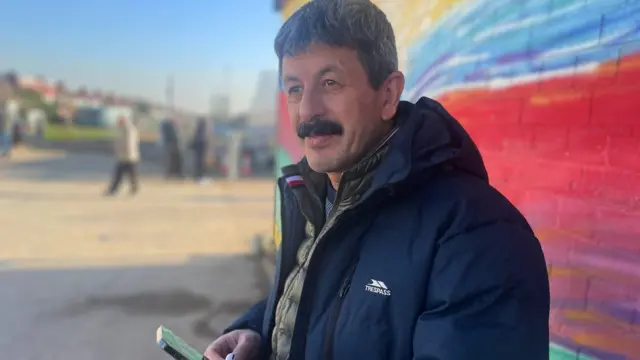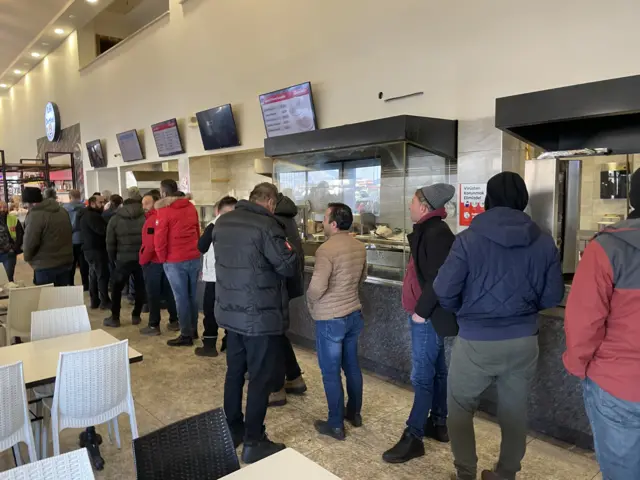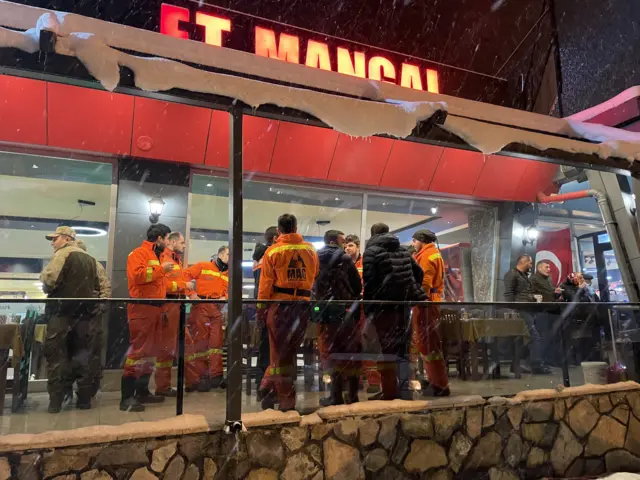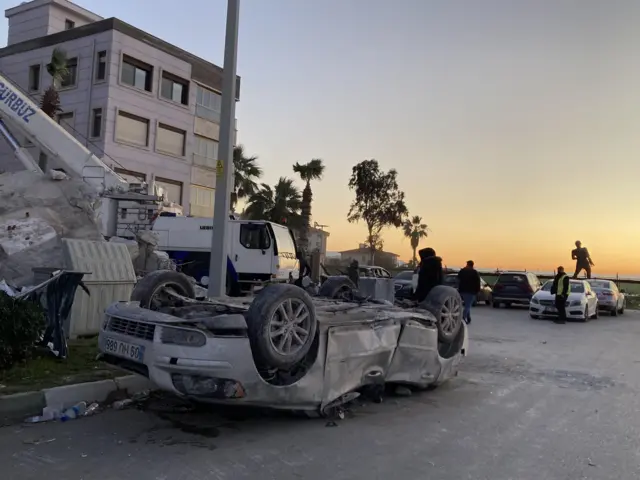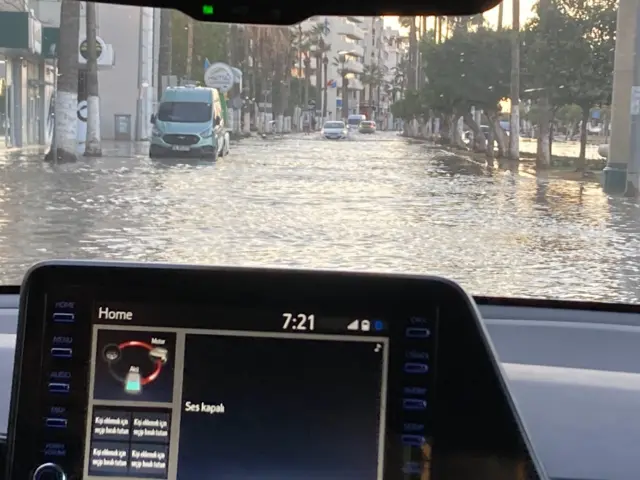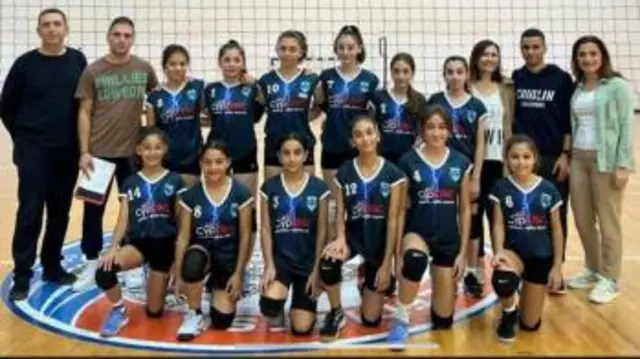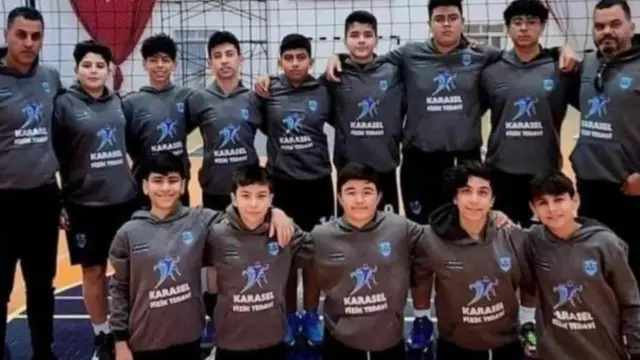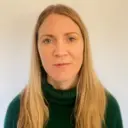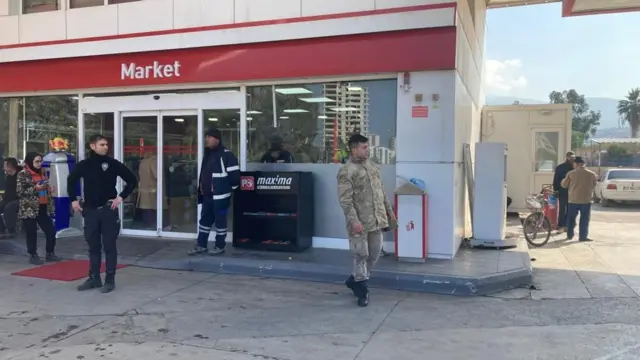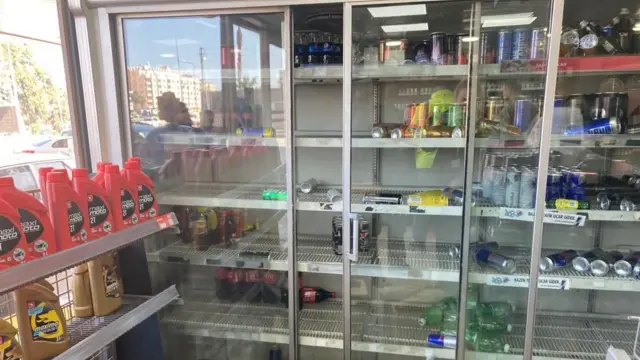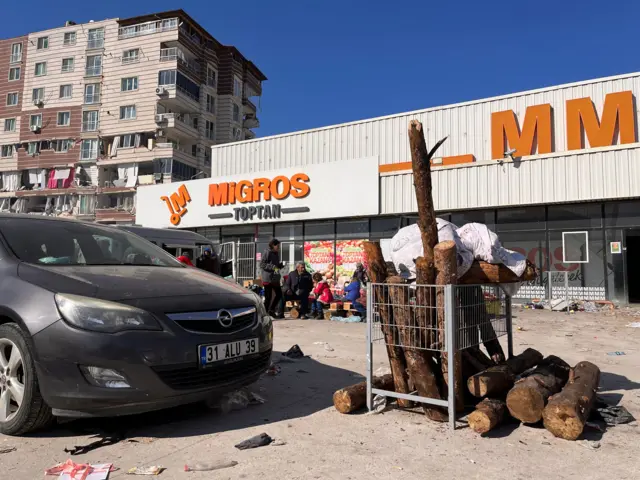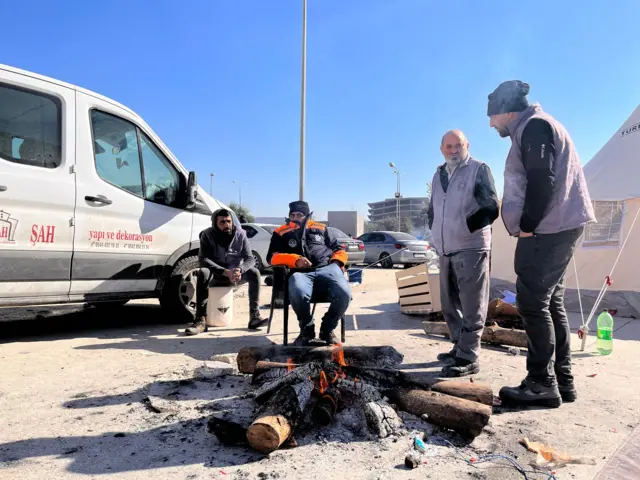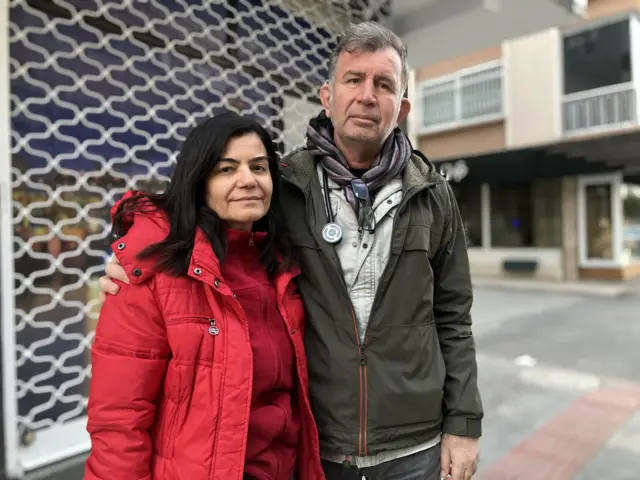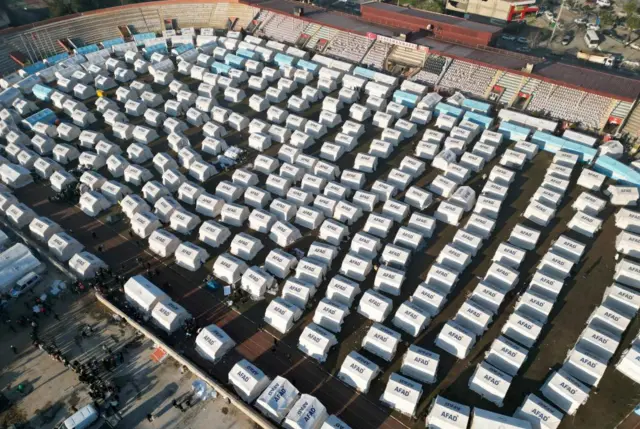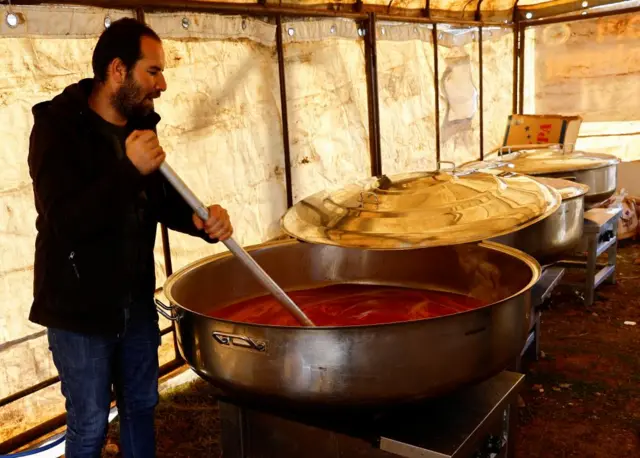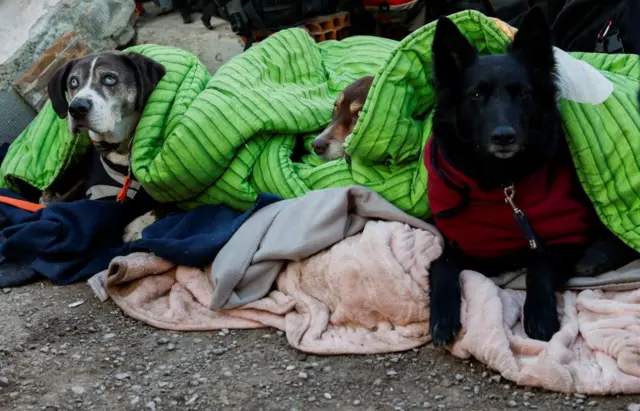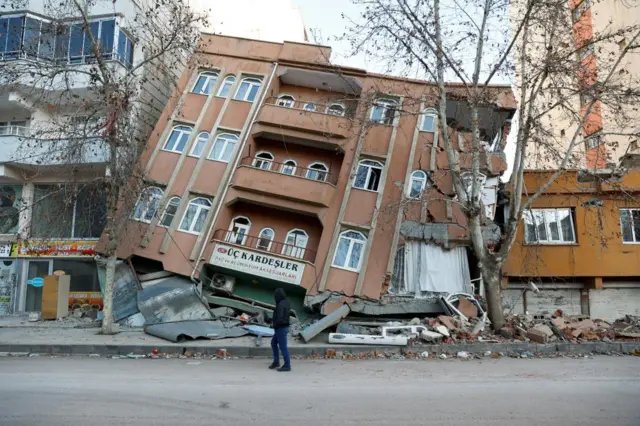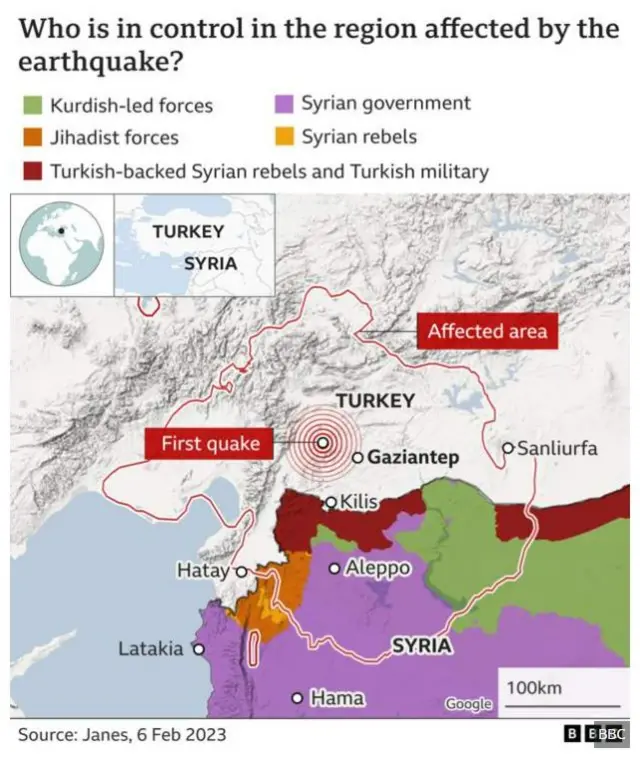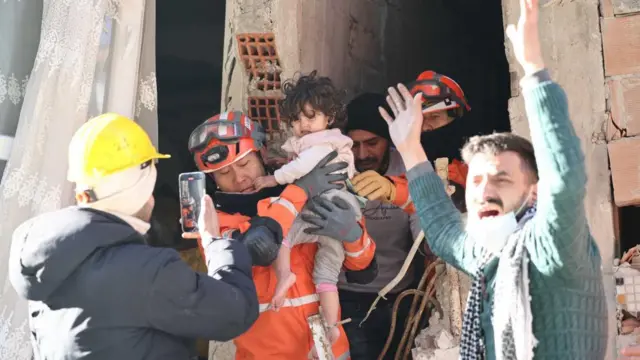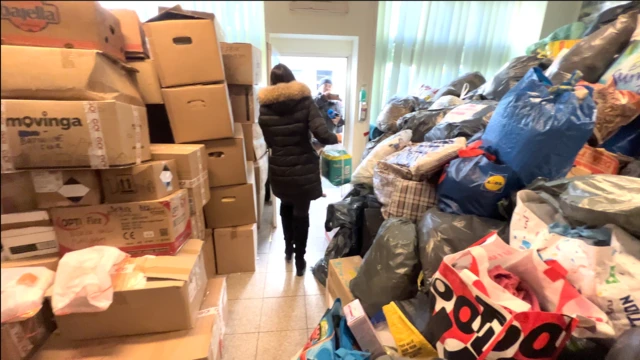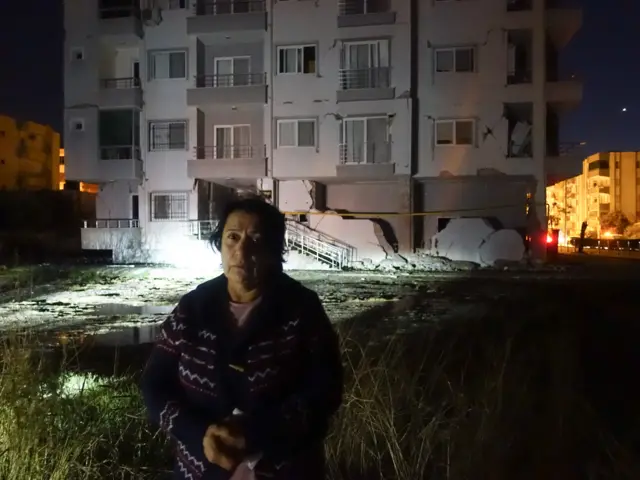What's been happening?published at 13:36 GMT 9 February 2023
If you're just joining our live coverage, or in need of a catch-up, let's take a look at today's main headlines coming from Turkey and Syria following Monday's devastating earthquake:
- More than 17,000 people are confirmed to have died and the death toll looks set to rise further with rescue and recovery efforts continuing for a fourth day
- The World Health Organization (WHO) says humanitarian organisations now have the challenge of ensuring those who survived the earthquakes continue to survive. WHO's incident response manager says there are thousands of people now surviving "out in the open, in worsening and horrific conditions", with disrupted access to water, fuel, electricity and communications, amid sub-zero temperatures
- Relief efforts in Syria have been complicated by years of conflict, but the first convoy of aid for opposition-held north-western Syria reportedly crossed into the territory from Turkey. Deliveries of life-saving aid had been halted for four days due to damage to roads and logistical issues
- There has been anger in Turkey over claims that emergency services responded too slowly to the incident, with some people waiting days for help to reach them
- Turkish President Recep Tayyip Erdogan yesterday accepted the government had encountered some problems, but said the situation was now “under control”.

